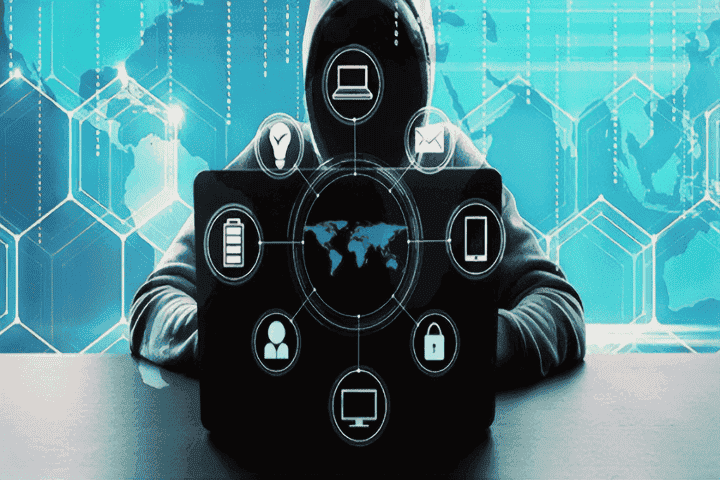Table of Contents
Data security risks associated with mobile phones have increased with the development of technology, making them an indispensable part of our lives Mobile phones have become an indispensable part of our lives, but with the development of technology, the threats that come with using these devices have also increased.
The risks to data security and privacy are the most significant dangers associated with mobile phones. The personal and sensitive information stored and shared through these devices can be accessed by malicious individuals or groups, leading to serious consequences. Being aware of mobile phone security and taking the necessary measures to protect our data has become more critical.
Data Security Threats: Problems Faced in Mobile Phones
Mobile phones are one of the most popular devices to store personal information, but this information can be accessed through cyber attacks. Today, data security in mobile phones is a significant concern due to the increasing number of threats, such as malware, phishing attacks, data theft, and more.
Many users download applications without reading the privacy policies or permissions. However, it is crucial to know how applications use your data. Some applications collect your personal information and share it with other companies. Therefore, it is recommended to carefully read providers’ data collection and sharing policies before downloading applications.

Furthermore, data security threats are not limited to applications. Mobile phones can also be vulnerable to attacks when updates or patches are not installed. Therefore, keeping your device’s software up to date and installing updates that fix security vulnerabilities is essential. Additionally, browsing on open Wi-Fi networks can be risky and make your device a target of cyber attackers. A private network or VPN can be a safer option, especially for sensitive information transactions.
Privacy of Mobile Phones: Unauthorized Access and Tracking Risks
Mobile phones are vulnerable to unauthorized access and tracking, which is one of the biggest causes of privacy issues on mobile devices.
Unauthorized access to mobile phones can be done by cybercriminals. These attackers can access the data on your phone by installing malware. This data can include personal photos, messages, and other sensitive information.
Therefore, using only applications downloaded from official application stores and avoiding the installation of malware is essential for mobile phone security. Additionally, setting a strong password on your device and using an app that remotely locks it in case it is stolen or lost can protect your phone from unauthorized access.
Mobile phones are also often the target of unauthorized tracking. Tracking software can be installed on your phone to monitor your location, messages, calls, and even your camera and microphone. While this software is often used by partners, parents, or employers, it can also be installed without your knowledge.
Therefore, regularly checking your phone and using an anti-virus program for tracking software can prevent unauthorized tracking. Also, resetting your phone to factory settings or updating the software can remove tracking software installed on your device.
Precautions to Take for Mobile Phone Security
Mobile phones are essential devices for storing and sharing personal information, but they also come with security risks. Therefore, taking necessary precautions is vital to ensure the safety of your data. Here are some steps that can be taken to improve mobile phone security:
- Check the applications’ reliability: Read providers’ data collection and sharing policies before downloading applications. Use only applications downloaded from official application stores and avoid installing malware on your device.
- Set a strong password: Set a strong password on your device and change it regularly to prevent unauthorized access.
- Keep your phone’s software up to date: Regularly update your device’s software to fix security vulnerabilities.
- Be cautious about Wi-Fi usage: Avoid open Wi-Fi networks and use a private network or VPN, especially for sensitive information transactions.
- Use an anti-virus program: Use an anti-virus program on your phone to prevent malware and tracking software from being installed.
- Be aware and make conscious decisions: Be mindful of your mobile phone usage and make conscious decisions. For example, think carefully about the information you share on social media and be vigilant against misleading emails or messages.
These precautions can help improve mobile phone security. However, the risk of security threats always exists, so being aware and regularly checking your phone is essential.


